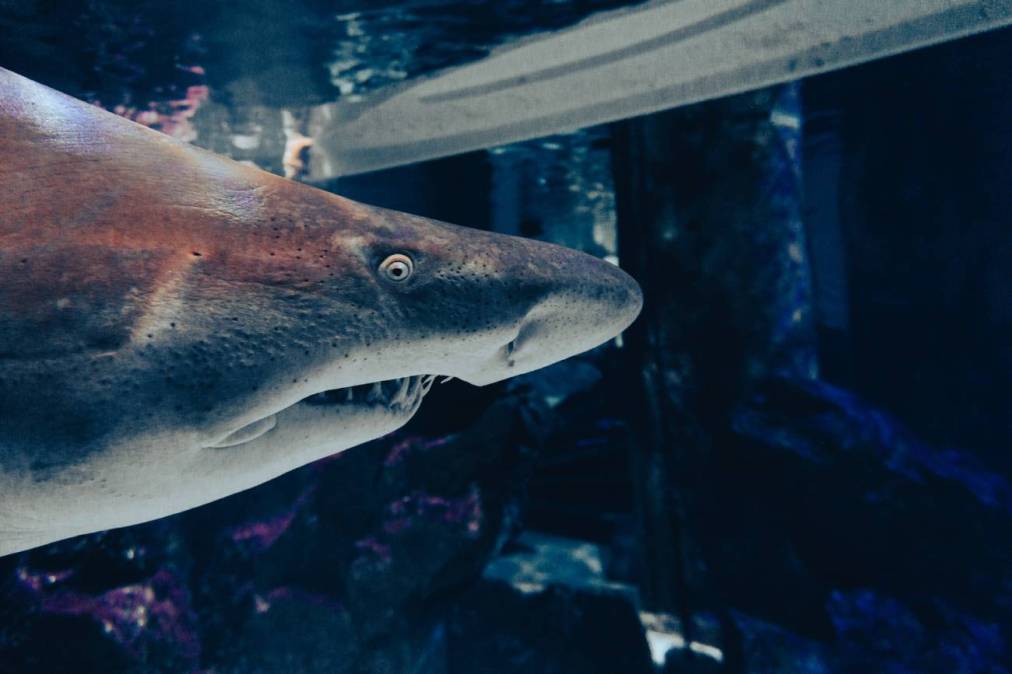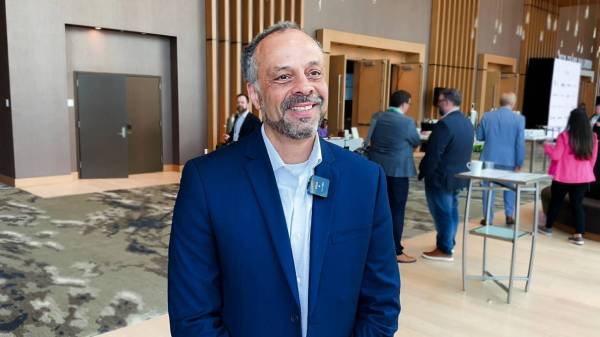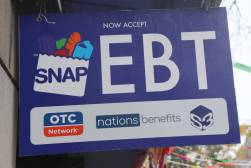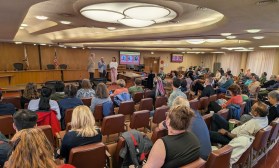Minnesota’s IT ‘Shark Tank’ funding $40 million in new ideas

Minnesota Chief Information Officer Tarek Tomes told StateScoop that a new “game show” for finding ways that technology can improve state services and reduce risk has funded about $10 million in projects since it was launched about one year ago.
Minnesota’s Technology Modernization Fund, Tomes said, is aimed at improving the “digital experience” Minnesotans receive when interacting with their state government, reducing the state’s risk level and “improving the way that government works.” The $40 million fund fills gaps left by the state’s usual budgeting cycle.
Agency representatives from across the state government can pitch to a steering committee or “Shark Tank,” a reference to the reality television show in which entrepreneurs pitch businesses to investors, ideas for how the state’s technology can be updated to improve services for residents.
“It’s really been an unbelievably empowering opportunity for these business units across government that so frequently have not had a place to go for some of these ideas,” Tomes said. “The normal public sector funding budget cycle is really geared toward large things and it’s really geared towards known things — modernize Medicaid, modernize an offender management system, modernize a Department of Motor Vehicles system.”
Instead, the new fund is providing money for smaller projects — under $1 million — that can “return value in under 12 months,” Tomes said. So far, these have included an “AI-heavy” system that looks at vehicle crash data that can suggest to officials the ideal placement of emergency response vehicles.
“That ensures the people involved have a significantly higher chance of survival,” Tomes said.
Other technology modernization projects launched so far have included an e-commerce website to provide birth and death certificates and a tool for registering airplanes.
“It’s really been a neat collection of really impactful initiatives that come to this Technology Modernization Fund,” he said.
Tomes estimated that about 80% of the projects pitched so far have been accepted, while some have been routed to the usual budgeting cycle, because his steering committee is looking for ideas that modernize existing services and some of the pitches are entirely new ideas.
“Although I make the final decision, I really rely on the advice and guidance of this business-led steering team that provides recommendations,” he said.
Tomes said the steering committee is composed of leaders from the state government who can ask critical business questions such as how a project can be sustained beyond its initial funding from the Technology Modernization Fund to ensure they have long-term success.
He predicted that in another six months, the state will be able to celebrate some of the fund’s success stories.






